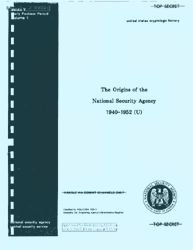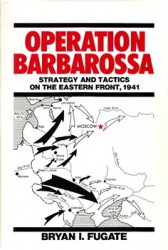In the summer of 1998, Cambodia held elections under the oversight of international observers. This time, Hun Sen's Cambodian People's Party (CPP) won a plurality of seats in the national assembly. Ranariddh and another opposition candidate,
Sam Rangsi, accused Hun Sen of using fraud and intimidation and demanded a recount. Because the Cambodian People's Party did not have a two-thirds majority, moreover, Hun Sen was legally required to form a coalition government. With the arbitration of Sihanouk, the conflicting parties agreed on a coalition in November, 1998. Hun Sen gradually consolidated his power and remained as prime minister.
Despite Hun Sen's clouded past, Cambodia showed signs of recovery under his government. The country established a flourishing garment industry, a common start-up activity among newly industrializing countries. This success was somewhat marred by accusations that Cambodian garment factories employed child labor and engaged in other inhumane labor practices. Tourism began to rebound in the late twentieth and early twenty-first centuries, with Angkor Wat and other destinations again becoming attractions for international travelers.
One of the greatest problems for Cambodia under Hun Sen concerned the fate of the aging leaders of the Khmer Rouge. Some Cambodians believed strongly that these individuals should be punished, others thought that it would be best to leave the past behind. The Khmer Rouge leaders themselves generally blamed all the evils of their time in power on the now-dead Pol Pot. Nuon Chea, the second in command under Pol Pot, and Khieu Samphan, Khmer Rouge head of state, publicly denied any responsibility for the atrocities of the late 1970's. In August, 2001, Sihanouk signed a law that would make it possible to bring Khmer Rouge leaders to trial. Nevertheless, by mid-2002, only military chief Ta Mok and Kang Khek Ieu, a former commander of a torture center, had been arrested to await legal proceedings for the deaths of so many Cambodians.
Frustrated by lack of progress toward trials, in February, 2002, the United Nations ended five years of discussions of the issue with the Cambodian government. However, by the end of the summer, the United Nations again began to raise the question of trials. While it seemed as if Khmer Rouge leaders might never come to trial for crimes against their own people, on September 7, 2002, a Cambodian court did convict former Khmer Rouge colonel Chhouk Rin for the murder of three Western backpackers in 1994. However, Chhouk Rin was living in an inaccessible part of southern Cambodia and responded that he might consider turning himself in if the nation's supreme court upheld the verdict.
Carl L. Bankston III




 World History
World History









